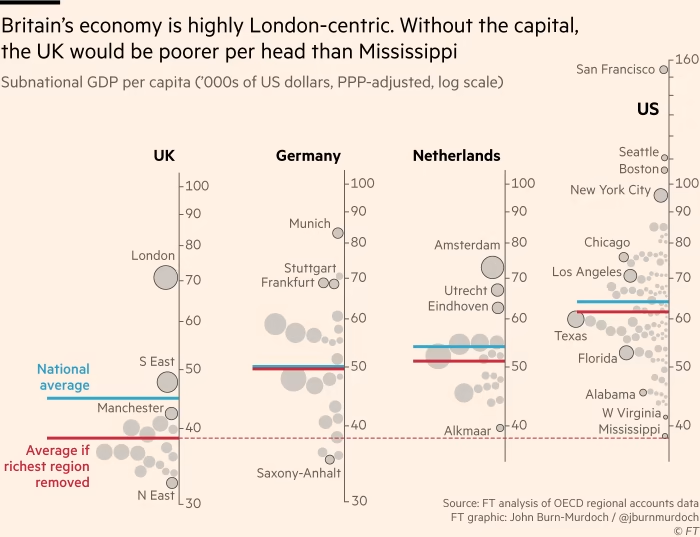Those 2 letters again…
Unlike the metaverse (remember that?!) and NFTs, it feels like generative AI is here to stay *prays he doesn’t have to eat his hat*.
Companies can’t afford to ignore it, but as Mark Ritson argues, that shouldn’t come at the expense of brand or differentiation. By way of example, Ritson turned his photon torpedos on LinkedIn and their testing of generative AI for writing posts:
“LinkedIn! You are a social network! F**k me! The clue is in the name! The actual humans on your platform are annoying enough. Imagine how much worse it will be when 30% of the posts we read are written by a soul-less algorithm trying to replicate them? […] There is a word for the ability to ignore the herd, especially when it is baaing at its peak. It is called ‘differentiation’. And as more and more brands adopt more and more identikit, replicatory AI approaches its value will increase all the more.”
Constructive attention, not counterproductive obsession
Related to the above in many ways, Roger Martin with some sage advice on how much attention you should pay to your competitors:
“The key is to ask what competitors are seeing, not obsess about what they are doing. Focusing on what they are doing will lead to convergence which is bad for all. Focusing on what they are seeing will spur you to ask better questions and get to new and valuable insights faster.”
“It’s harder to empathise with people if you’ve been in their shoes”
Yes, quite. You read that correctly. Roos van Duijnhoven explains how people who’ve been through a difficult experience are more likely to penalise those struggling to cope with a similar situation.
A 2015 study in the Journal of Personality and Social Psychology said that the reasons were 2 fold:
- “We might remember that something was stressful, but in hindsight, we tend to underestimate how painful the experience was at that moment.”
- “People who have overcome a stressful event know that they were able to overcome it.”
Good one to bear in mind.
The Mississippi Question
An FT article comparing GDP on a per capita basis (also on Twitter, or X, or whatever it’s called, for those getting scuppered by a paywall) is both fascinating and shocking. Not just because of how poorly the UK fairs, but also the extent to which it hangs its hat, coat and Union Jack jumper on London.
“Removing London’s output and headcount would shave 14 per cent off British living standards, precisely enough to slip behind the last of the US states […] By comparison, amputating Amsterdam from the Netherlands would shave off 5 per cent, and removing Germany’s most productive city (Munich) would only shave off 1 per cent […] if the whole of the bay area from the Golden Gate to Cupertino seceded tomorrow, US GDP per capita would only dip by 4 per cent.”

And finally…
“I’ll take that, thank you.” Funny.
Can you spot any of your old handsets in the Mobile Phone Museum? Warning: Rabbit hole ahead.
Lastly, a further step back in time with these space-themed Soviet-era playgrounds from across the Former USSR.